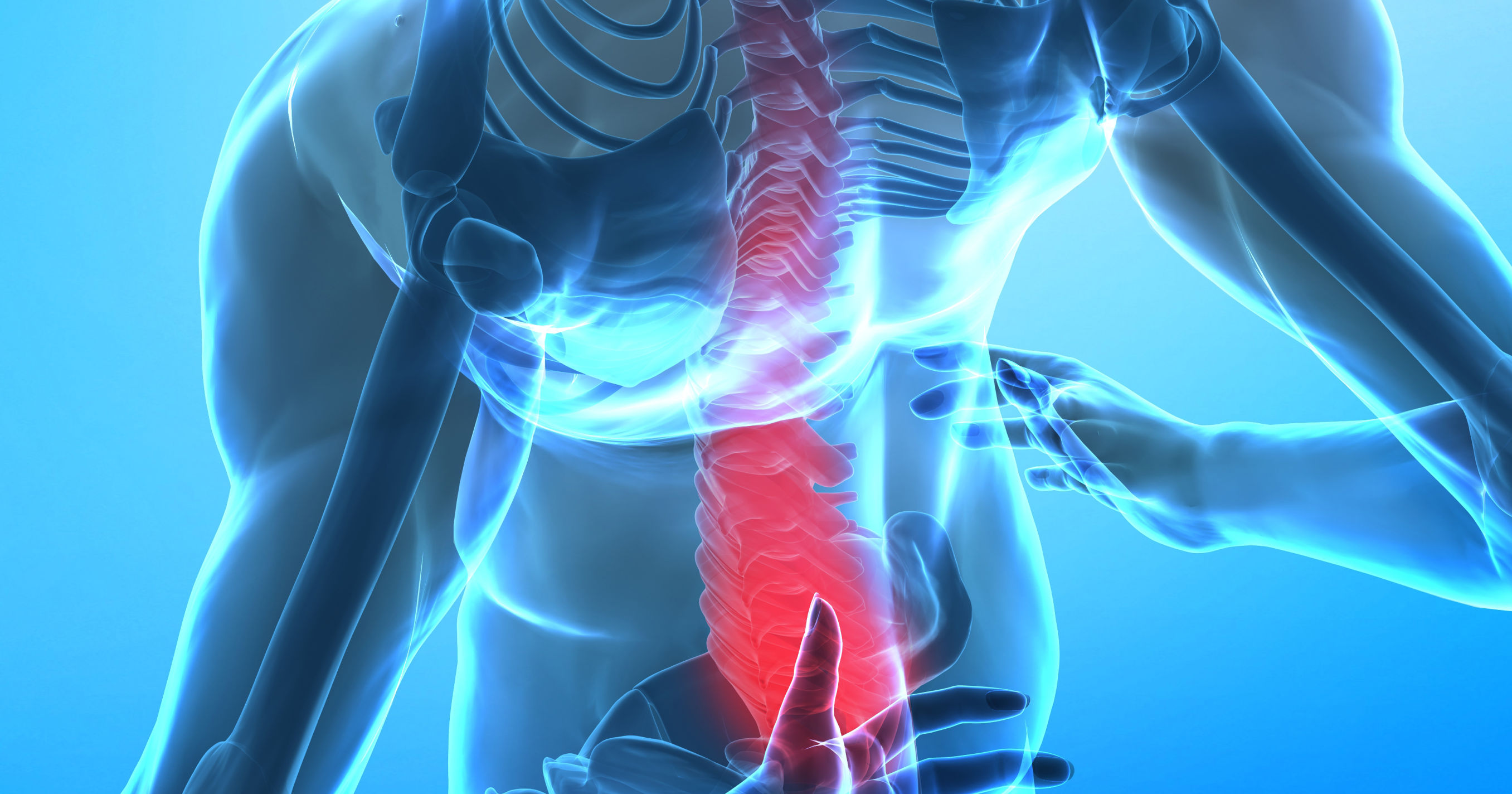December 10, 2013
Phosphatidylserine (PS) is a fat known as a phospholipid and is an important part of the lining of our cells. It helps the cell maintain its structure and aids in the communication between cells and the import/export of chemicals in and out of the cell. It is especially important in the brain. We can make some PS but get most of it through our food. PS has been shown to be useful in a variety of brain related conditions such as Alzheimer's disease. It has also been shown to improve athletic performance by decreasing recovery time, reducing muscle soreness, and modulating the stress response to intense exercise. A study published in 2013 indicates that PS can improve symptoms of ADHD. Thirty-six children ranging from 4 to 14 who had not previously been treated with ADHD medication were assigned to two groups. One group received 200 mg of PS for two months while the other group did not. The two groups were initially tested in a variety of ways by assessing visual and auditory memory as well as mental performance. At the end of the two months the children were reassessed. The authors concluded, "PS significantly improved ADHD symptoms and short-term auditory memory in children. PS supplementation might be a safe and natural nutritional strategy for improving mental performance in young children suffering from ADHD."
References:
The effect of phosphatidylserine administration on memory and symptoms of attention-deficit hyperactivity disorder: a randomised, double-blind, placebo-controlled clinical trial. J Hum Nutr Diet. 2013 Mar 17.



Dr. Groneck
We are dedicated to providing a comprehensive approach to helping you achieve optimal health by looking at the synergy of the whole person, not just a collection of parts. We combine standard medical testing with functional medicine testing to gain an in-depth understanding of what is wrong and, equally important, how to fix it.